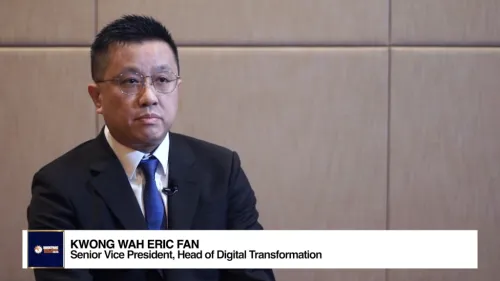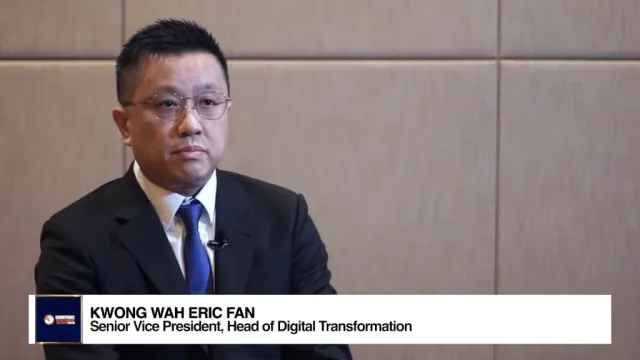Malaysia
Maybank forecasts foreign remittance segment to grow by 15%
Maybank forecasts foreign remittance segment to grow by 15%
Estimate was made after the lender joined forces with Axis to boost remittance from India.
Huawei to introduce virtual ATM
Huawei Technologies will introduce the virtual ATM service in Malaysia next month.
Hong Leong Islamic to get EONCAP Islamic business
A Vesting Order has been granted by the High Court to transfer the entire business including all assets and liabilities of EONCAP Islamic Bank Bhd to Hong Leong Islamic Bank from Nov 1, 2011.
Bank Rakyat pre-tax profit, zakat up 17%
Bank Rakyat's pre-tax profit and zakat for the first of 2011 is up by 17 per cent to RM1.5 billion from RM1.28 billion in the same period last year, reports Bernama News.
CIMB Offers Online Will Writing
CIMB Bank Bhd and CIMB Islamic Bank Bhd recently launched "Wills Online", making it the first bank in the country to offer conventional and Islamic Will writing services online. The service is available via CIMB Clicks. CIMB Group Holdings Bhd said in a statement today, Wills Online enables all types of assets to be distributed to an unlimited number of beneficiaries according to the testator's preference. "Through Wills Online, customers can easily draw up an official will without the hassle of engaging a will writer, and they are able to make provisions for their loved ones anytime and anywhere," said CIMB Bank head of retail financial services, Peter England. The service is also available in a template that complies with Islamic Will, whereby, enabling Muslims to distribute up to one-third of their assets to beneficiaries, not covered under the Islamic inheritance laws (Faraid). Wills Online provides easy navigation and data input for customers, where the whole process of drawing up a will takes about 15 minutes. Meanwhile, the information entered online can be stored temporarily, allowing customers to get the relevant information required and revising the contents accordingly, before proceeding with the online payment and printing of the will. For further details on Wills Online, please call 1-300-880-900, visit any CIMB Bank and CIMB Islamic branches or log on to www.cimbbank.com.my and cimbislamic.com. Bernama News.
Maybank boosts India-Malaysia remittance service, expects 15% growth
Maybank has tied-up with India's Axis Bank to introduce remittance services to beneficiary accounts in India.
Malaysia needs more trained Islamic banking personnel
Malaysia needs to educate more staff on Islamic banking products and services towards becoming a hub for Islamic finance, said an Islamic banking consultant.
Malaysian Mastercard holders spend US$2.03 B in "sale carnival"
Malaysian MasterCard cardholders spent US$2.03 billion with 22.7 million transactions during the 1Malaysia Mega Sale Carnival from June 15-Sept 4, 2011, reports Bernama.
More Malaysian banks focus on transaction banking
More Malaysian banks are now enjoying thre benefits a sustainable fee-based income and a source of low-cost deposits from transaction banking.
Al Rajhi Bank opens in Sabah as development corridor takes off
The opening of an Al Rajhi Bank Malaysia in Sabah is deemed timely as it coincides with the taking off of the Sabah Development Corridor, introduced over three years ago.
OCBC's subsidiary to acquire 5 companies from PacificMas Berhad
OCBC Capital Malaysia expects to acquire the target companies for a total amount of about RM450 million.
Bank employees’ union urges Malaysia not to be used to bail out foreign banks
Union calls for government to stand by its law, interests, customs and practices amidst Europe and US financial crisis.
Public Bank profit up 15% to $288mn
Malaysia’s economic rise makes its banking industry stable and supportive of growth.
CIMB Group launches Shariah-compliant securities services
It will comprise of four business units namely, Trustee Services and Products, Custody, Corporate Agency, and Fund Accounting.
RHB, OSK receive Central Bank's consent to negotiate
RHB Capital Bhd and OSK Holdings Bhd have secured Bank Negara Malaysia's approval to commence negotiations for a possible merger between RHB Banking Group and OSK Investment Bank Bhd.
FMB's online transaction disputes reach 3,000
The Financial Mediation Bureau is handling some 3,000 cases at the moment with the increasing number of disputes in online transactions.
Affin Investment disburses RM2.58 M business zakat
Affin Investment Bank disbursed business zakat totalling RM2.58 million, reports Bernama News.
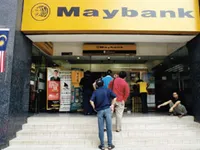
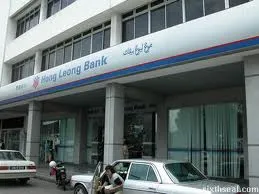
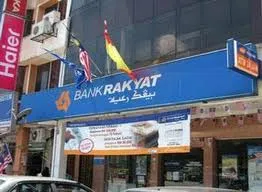

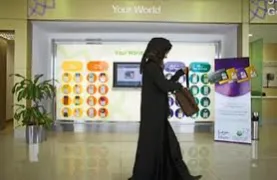

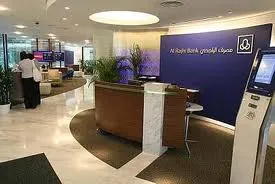
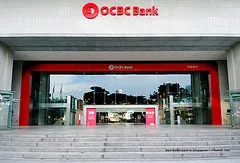
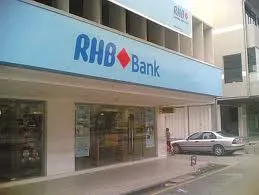


 Advertise
Advertise
